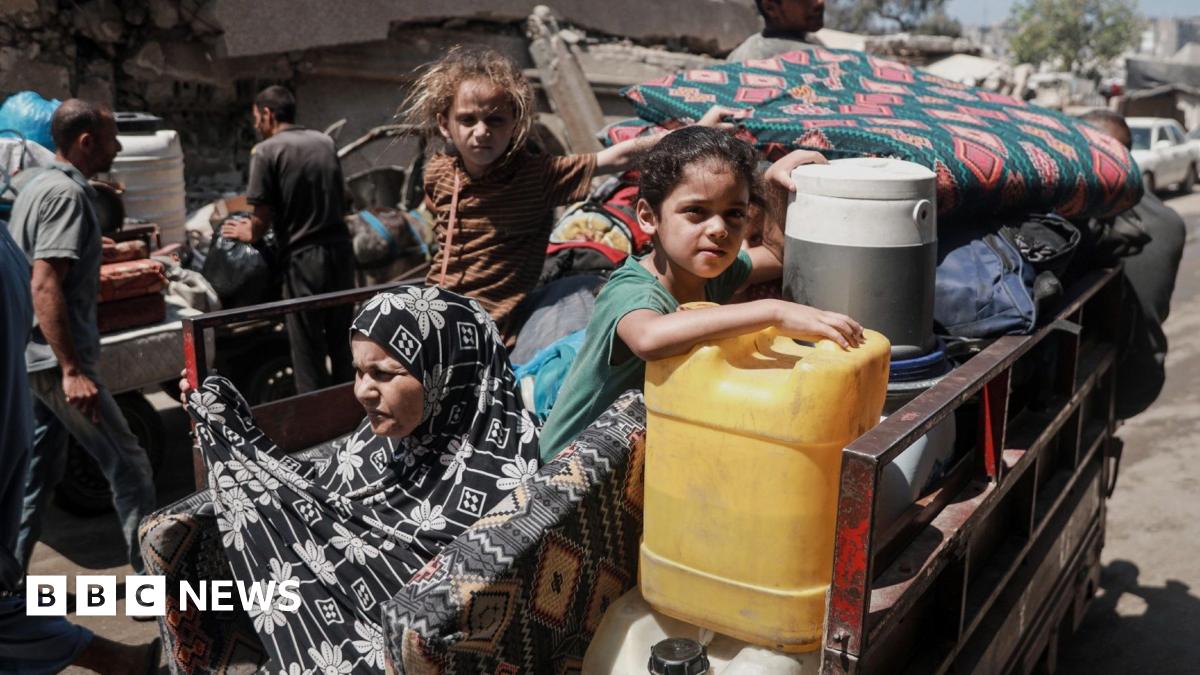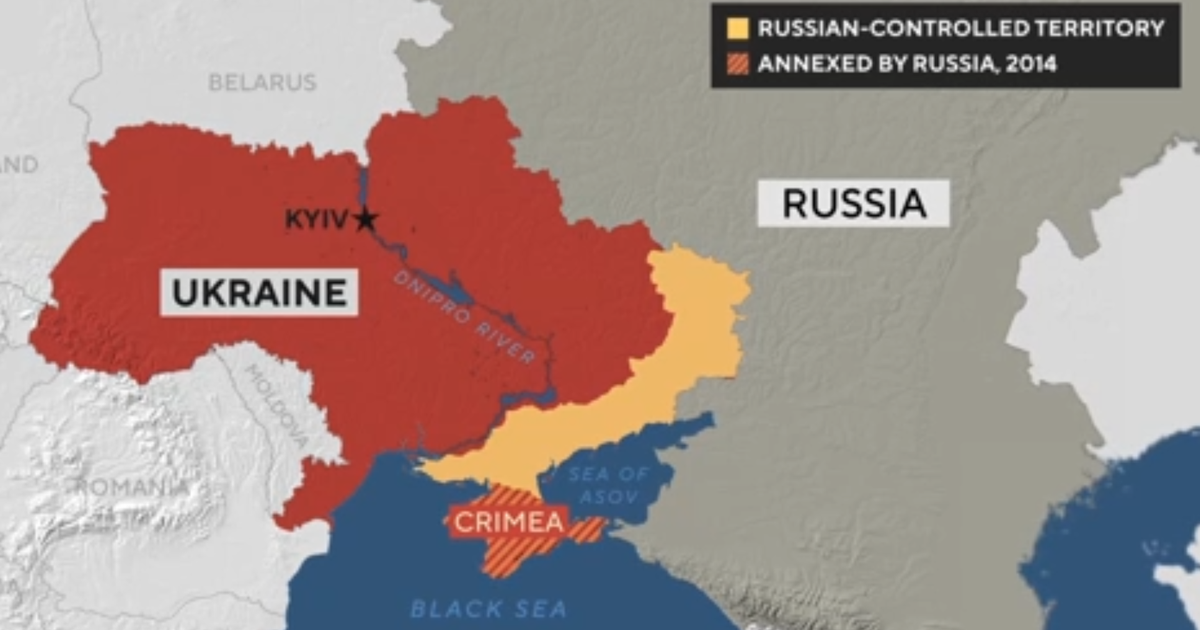Gaza Famine Confirmed: Aid Worker Warns Children Bearing the Brunt of Crisis

Desperation in Gaza Deepens as Famine is Officially Declared: The Integrated Food Security Phase Classification (IPC) has confirmed a famine in Gaza City, a devastating development that underscores the escalating humanitarian crisis. While Israel disputes the findings, claiming “there is no famine in Gaza,” aid workers on the ground paint a grim picture of widespread starvation, destitution, and imminent death, particularly impacting the most vulnerable – children.
“Children are paying the highest price,” stated a frontline aid worker, a sentiment echoed by numerous international organizations. The IPC report indicates that over 500,000 people in the Gaza Strip are facing catastrophic levels of food insecurity, requiring urgent and sustained humanitarian assistance. This isn't merely a shortage of food; it's a systemic failure to provide basic necessities, compounded by ongoing conflict and restricted access.
The Disputed Assessment and the Reality on the Ground: Israel’s rejection of the famine declaration has drawn criticism from aid agencies and human rights groups, who argue that the government is deliberately downplaying the severity of the situation. The IPC, a globally recognized body comprising independent experts, uses rigorous data and methodologies to assess food security crises. Their classification of famine is based on established criteria, including acute malnutrition rates, mortality rates, and access to food.
Reports from aid organizations working within Gaza describe families resorting to desperate measures to survive. Parents are struggling to feed their children, and malnutrition is rampant, leaving children weakened and susceptible to disease. The lack of clean water and sanitation further exacerbates the health risks.
Contributing Factors to the Crisis: Several factors have converged to create this catastrophic situation. The ongoing conflict has disrupted supply chains, destroyed infrastructure, and displaced hundreds of thousands of people. Restrictions on the entry of humanitarian aid, coupled with bureaucratic hurdles and security concerns, have severely limited the flow of essential supplies into Gaza. The deliberate targeting of humanitarian workers and infrastructure also poses a significant threat.
The Urgent Need for Action: The international community must urgently scale up humanitarian assistance to Gaza. This includes:
- Unimpeded Access: Ensuring safe and unrestricted access for humanitarian organizations to deliver aid to all areas of Gaza.
- Increased Aid Flows: Providing substantial financial support to aid agencies working on the ground.
- Ceasefire Negotiations: Working towards an immediate ceasefire to halt the violence and create a conducive environment for humanitarian operations.
- Accountability: Investigating and holding accountable those responsible for obstructing humanitarian aid and violating international humanitarian law.
The situation in Gaza demands immediate and decisive action. Failure to address this crisis will have devastating consequences, not only for the people of Gaza but also for the region as a whole. The world cannot stand idly by while children starve.
This famine declaration serves as a stark reminder of the human cost of conflict and the urgent need for a peaceful and sustainable solution. The future of Gaza’s children hangs in the balance, and their survival depends on the collective action of the international community.






